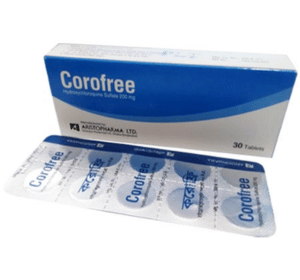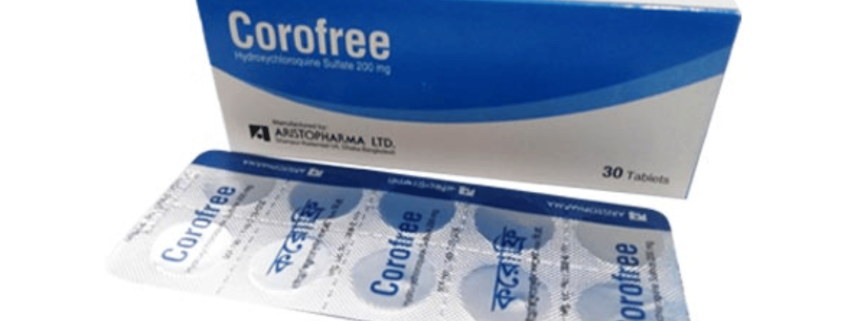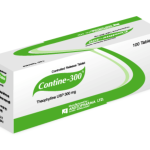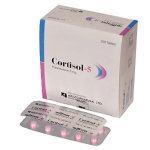Corofree (Hydroxychloroquine Sulfate 200 mg)

Therapeutic Group : Antimalarial Drug
Presentation:
Each film coated tablet contains hydroxychloroquine sulfate USP 200 mg
Pharmacology:
Hydroxychloroquine is a 4-aminoquinoline antimalarial with actions similar to those of chloroquine but is mainly used in the treatment of SLE and rheumatoid arthritis. It interferes with digestive vacuole function within susceptible malarial parasites by increasing pH and interrupting with lysosomal degradation of Hb thus impeding normal cell function of sensitive parasites.
Hydroxychloroquine inhibits stimulation of the toll-like receptor (TLR) 9 family receptors. TLRs are cellular receptors for microbial products that induce inflammatory responses through activation of the innate immune system.
Indications:
Hydroxychloroquine is indicated for the treatment of acute uncomplicated malaria, discoid and systemic lupus erythematosus, acute & chronic rheumatoid arthritis.
Dosage & Administration:
Malaria:
Prophylaxis Adults: 400 mg once weekly on the same day of each week starting 2 weeks prior to exposure, and continued for 4 weeks after leaving the endemic area.
Weight-based dosing in adults and pediatric patients: 6.5 mg/kg, not to exceed 400 mg, once weekly on the same day of the week starting 2 weeks prior to exposure, and continued for 4 weeks after leaving the endemic area.
Treatment of Uncomplicated Malaria Adults: 800 mg followed by 400 mg at 6 hours, 24 hours and 48 hours after the initial dose total 2000 mg hydroxychloroquine sulfate.
Weight based dosage in adults and pediatric patients: 13 mg/kg, not to exceed 800 mg followed by 6.5 mg/kg, not to exceed 400 mg, at 6 hours, 24 hours and 48 hours after the initial dose.
Lupus erythematosus: The recommended adult dosage is 200 to 400 mg daily, administered as a single daily dose or in two divided doses.
Rheumatoid arthritis: Initial adult dosage: 400 mg to 600 mg daily, administered as a single daily dose or in two divided doses.
Maintenance adult dosage: When a good response is obtained, the dosage may be reduced by 50 percent and continued at a maintenance level of 200 mg to 400 mg daily, administered as a single daily dose or in two divided doses.
Contrainidications:
Use of Hydroxychloroquine is contraindicated in patients with known hypersensitivity to 4 aminoquinoline compounds.
Warning & Precautions:
General: Use with caution in patients with gastrointestinal, neurological, or blood disorders, and in those with a sensitivity to quinine.
Hepatic/Renal Disease: Antimalarial compounds should be used with caution in patients with hepatic disease or alcoholism or in conjunction with known hepatotoxic drugs.
Side effects:
Nausea, vomiting, stomach upset, loss of appetite, diarrhea, tiredness, weakness or headache and visual problem may occur.
Drug interaction:
Hydroxychloroquine may interact with Digoxin, Insulin that prolong QT interval and may interact with Mefloquine, Methotrexate, Cyclosporin etc
Use in special groups:
Use in pregnancy: It should be given to a pregnant woman only if clearly needed.
Use in nursing mothers: It has been demonstrated that hydroxychloroquine administrated to nursing women is excreted in the human milk. Therefore, caution should be excercised when administered hydroxychloroquine to nursing women.
Pediatric Use: Safety and effectiveness of this preparation in pediatric patients have not been established.
Storage:
- Store below 250 C in a dry place and protect from light.
- Keep out of the reach of children.
Packing:
Corofree Tablet: Each box contains 30 tablets in alu-alu blister strip



